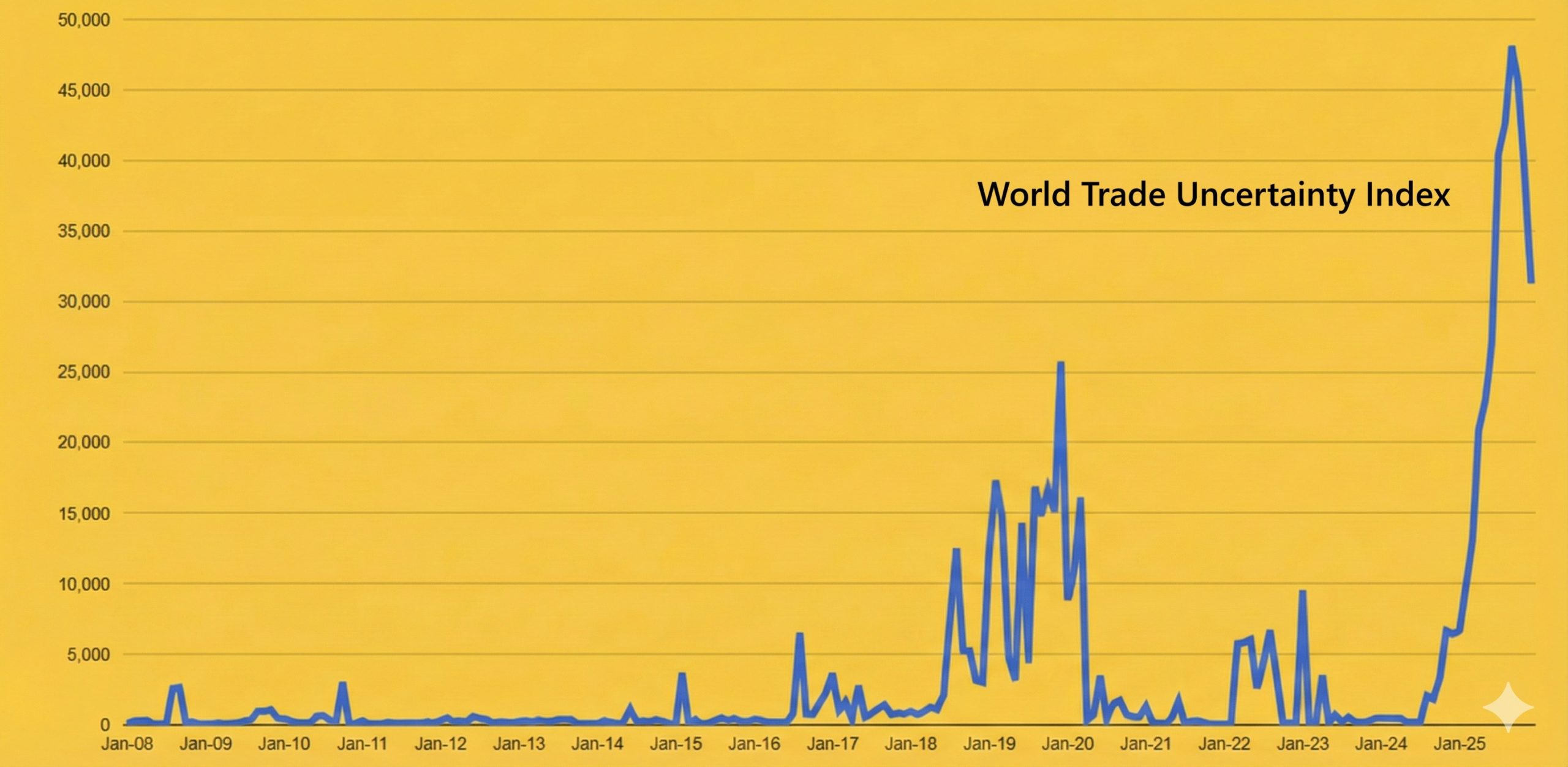Google’s well-reported ‘cookie cull’ row back has left many marketers questioning their reliance on third-party cookies for customer acquisition and re-targeting. By looking closer to home — optimising owned channels and first-party data — brands and retailers can shake off cookie dependency and unlock enhanced personalisation to drive sales and loyalty.
Google’s approach to third-party cookie deprecation has been defined by fits and starts. After several delays to the initiative, the search giant appeared to finally commit, by removing 3PCs from 1% of its Chrome browser users in January of this year. However, in light of mounting industry and legal objections, it then pushed back its timeline to fully phase out cookies to 2025, before ultimately announcing it would abandon cookie depreciation altogether in July.
After the lengthy twists and turns of Google’s cookie saga, many marketers may have felt a sense of relief. But for many more, it will have prompted them to think more deeply about their dependence on third-party data — and crucially, whether 3PCs will remain viable for the long-term; particularly as Google’s mooted user-controlled ‘blanket consent’ model remains ill-defined.
A crisis of cookie confidence
For over two decades, marketers and ecommerce teams have relied on third-party cookies to identify customers, track shopper behaviour and power their marketing efforts. But this has created an over-reliance on cookie-based tools, as research in Wunderkind’s 2024 CMO State of the Union Report shows. Now, almost two thirds (63%) of marketers say they depend on third-party cookies to support their customer engagement strategies. Unsurprisingly, nearly 3 in 5 marketers admitted being concerned about Google’s cookie cull, before its surprise reversal.
This concern has led to marketers seeking effective alternatives to 3PCs — including zero and first-party data technologies that help brands to foster direct, meaningful connections with customers through a more personalised, 1:1 approach.
Prioritising first-party data
Greater insecurity around the future of third-party cookies is pushing marketers to prioritise first-party data collection. Our retailer research shows that three-quarters (75%) of retailers are turning to first-party data as an alternative to 3PCs, while over half (52%) are implementing zero-party data in their customer engagement strategies.
As well as alleviating third-party cookie dependency, first-party data also answers a broader challenge facing marketers: the rise of the privacy-centric web.
Successive changes over the past decade — including the introduction of GDPR, increased adoption of ad blockers, and Apple’s ATT (App Tracking Transparency) — have centred user control and consent. Alongside heightened online competition, this has made new customer acquisition more expensive, while limiting the reach, effectiveness and revenue performance of traditional paid channels, like search, social and display. By moving towards zero- and first-party data-led strategy, brands ‘own’, rather than ‘rent’, both their audiences and their channels.
The emphasis is on a value exchange underpinned by customer consent – and this will continue to be the direction of travel for the industry.
Future-proofing with Identity resolution technology
This is why we’re seeing that over two thirds (69%) of retailers are now looking to reduce third-party cookie reliance by prioritising first-party database growth and leveraging owned channels — such as email and text — which enable them to reach consumers directly, personally, and cost-efficiently, on a 1:1 basis. However, customer identity management, and being able to effectively identify non-logged in website traffic, remain central to achieving this personalisation at scale.
By prioritising owned channels and first-party data, brands and retailers can shake off cookie dependency — and unlock the enhanced personalisation needed to drive sales and loyalty in the new privacy-first web.
Featured image: Sofya Zakharova / Pexels

























